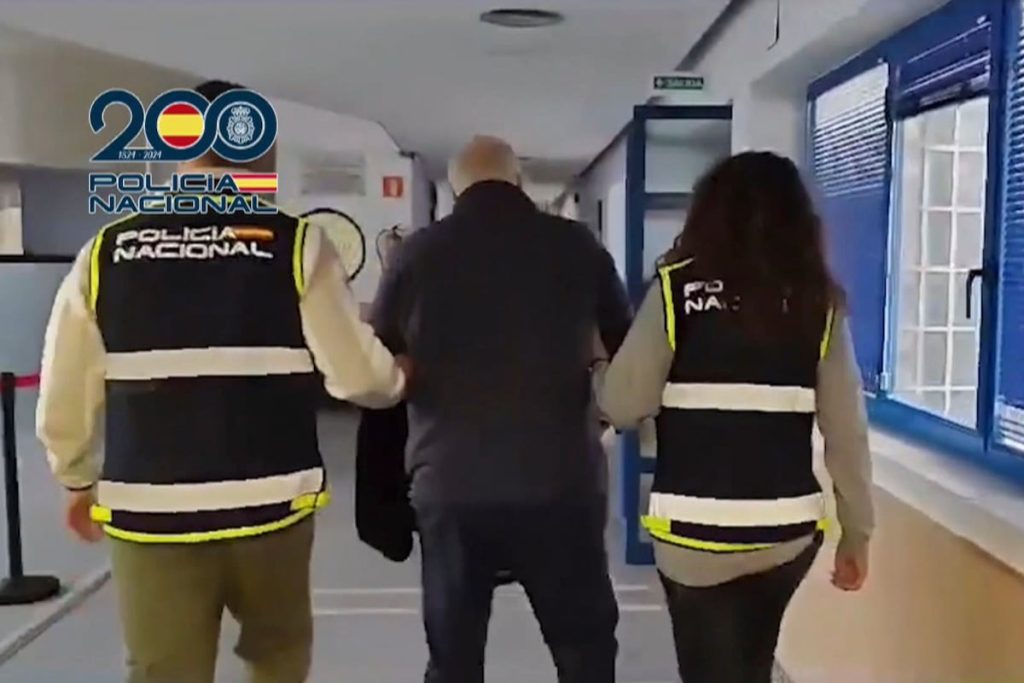A serious lack of coordination between the National Court and the Court of Malaga allowed the escape, known last week, of Dutch drug trafficker Karim Bouyakhrichan, known as Taxi, in early April, since then in an unknown location. Bouyakhrichan, the leader of one of the main clans of the Dutch Mocro Maffia and considered the most wanted criminal in the Netherlands, was arrested on January 9 in Marbella by the National Police, which completed a five-year investigation, now frustrated by this mismatch between judicial bodies. The Ministry of Justice, whose head, Félix Bolaños, has described the escape as “worrying”, must be the first interested party in clarifying all the details of this fiasco to prevent it from happening again. Meanwhile, the inspection of the General Council of the Judiciary has opened an investigation into the events.
In a world of instant communications, it is indeed concerning that the slowness of judicial bureaucracy leaves gaps that criminals can take advantage of. It is surprising that a powerful boss whose organization moves millions was released on bail of 50,000 euros. In just the operation that led to his arrest, the Interior Ministry blocked 172 properties valued at more than 50 million euros and seized 178 accounts with a balance of three million euros. The case of Taxi, whose arrest and extradition had been formally requested by the Netherlands, highlights, in addition to judicial confusion, the activity of international mafias in Spain, chosen as an operating ground and resting place for their leaders.
These mafias, which have extended their tentacles beyond drug trafficking to any criminal activity that brings them profit, increasingly operate on a transnational scale. Criminal gangs can pose a serious security challenge in countries such as the Netherlands, Belgium, France —with a special incidence in Marseille— or Sweden, which in recent months has seen its model tradition of coexistence disrupted by power struggles between rival clans. This highlights the urgency of not only improving the means and number of agents dedicated to fighting them, but also of tightening police and judicial cooperation between States, and of course, within each State. Something that, this time, has failed dramatically in Spain.
It is important to emphasize that improving cooperation between law enforcement agencies and judicial bodies is essential to combat the activities of these powerful criminal organizations. This lack of coordination between the National Court and the Court of Malaga is a clear example of the challenges faced in tackling international mafias. The use of encrypted messaging systems by organized crime has further complicated investigations, requiring authorities to adapt and enhance their methods to effectively dismantle these networks. The increasing transnational nature of criminal operations underscores the importance of international cooperation in order to effectively combat these groups.
The escape of a high-profile criminal like Taxi raises questions about the effectiveness of the justice system in Spain and the need for reforms to prevent similar incidents in the future. Addressing the loopholes that allow criminals to exploit weaknesses in the system is crucial in the fight against organized crime. It is clear that a more coordinated approach at the national and international level is necessary to confront the growing threat posed by these criminal organizations. The successful prosecution of these criminals requires a comprehensive strategy that addresses the challenges posed by their sophisticated operations and networks.


